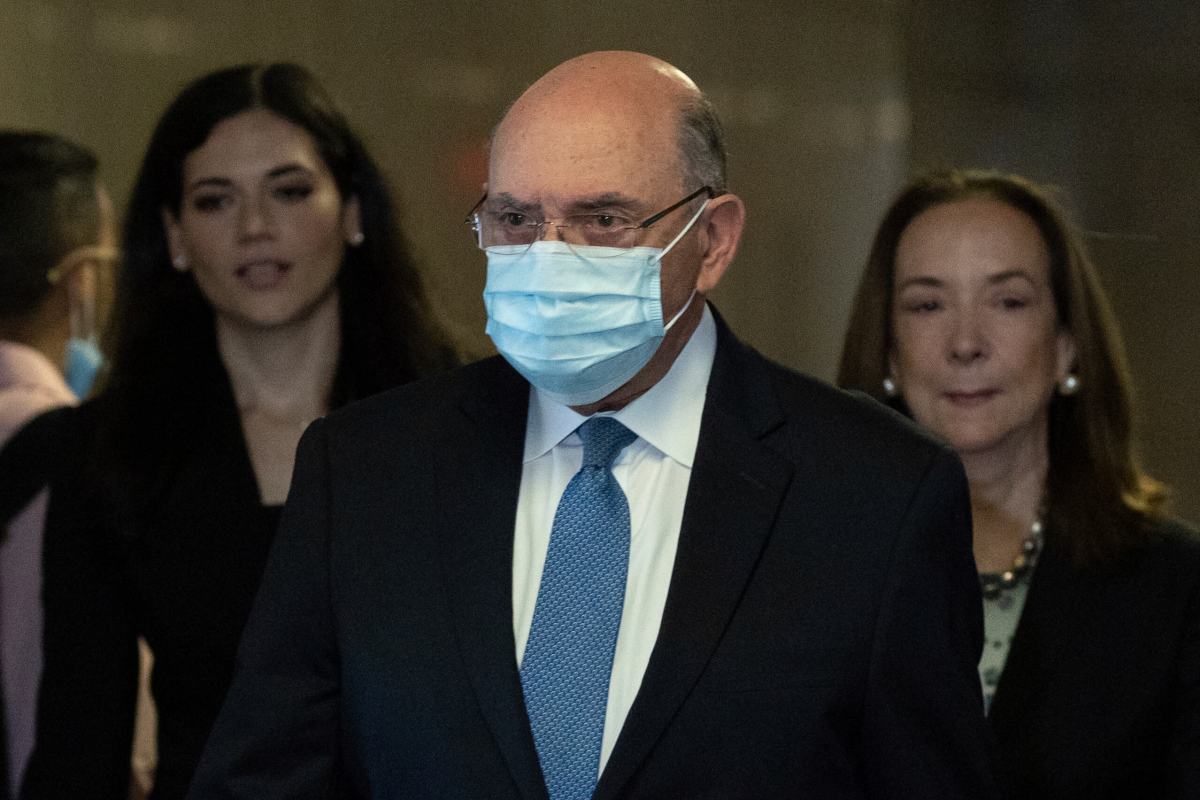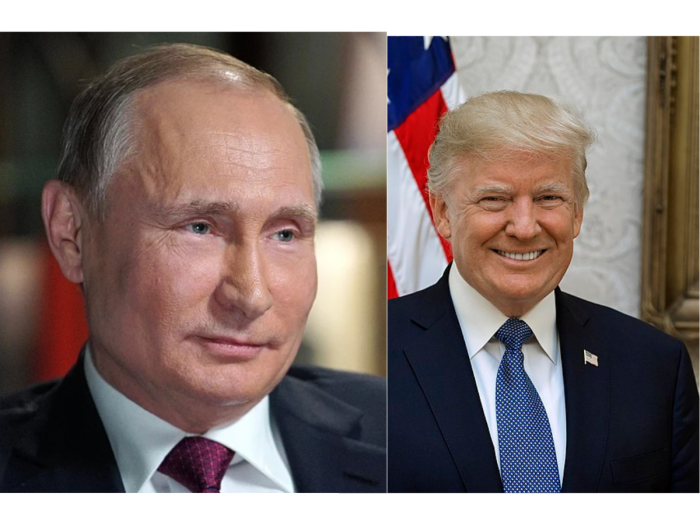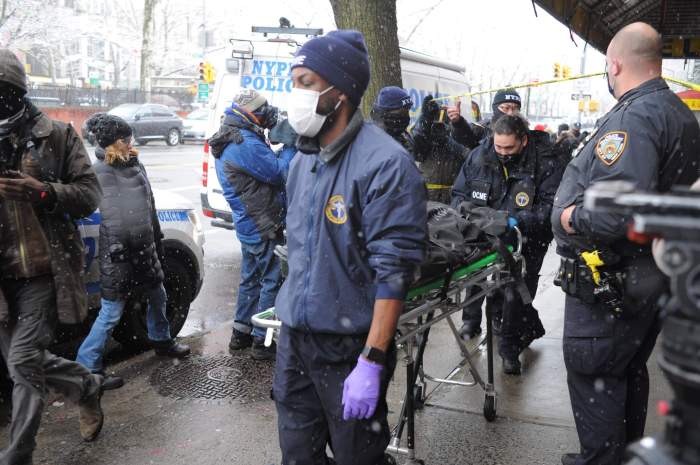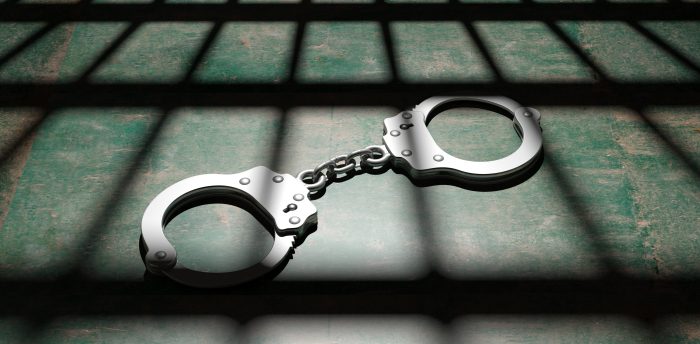A top executive at former President Donald Trump’s family business pleaded guilty Thursday to evading taxes in a deal that could potentially make him a star witness against the company at a fall trial.
Trump Organization CFO Allen Weisselberg pleaded guilty to all 15 of the charges he faced in the case. He was accused of dodging taxes on lavish fringe benefits he got from the company, including lease payments for a luxury car, rent for a Manhattan apartment and private school tuition for his grandchildren.
Weisselberg is the only person to face criminal charges so far in the Manhattan district attorney’s long-running investigation of the company’s business practices.
Judge Juan Manuel Merchan agreed to sentence Weisselberg to five months incarceration and five years probation at New York City’s Rikers Island jail complex, although he will be eligible for release much earlier if he behaves well behind bars. The judge said Weisselberg will have to pay nearly $2 million in taxes, penalties and interest.
The plea bargain also requires Weisselberg to testify truthfully as a prosecution witness when the Trump Organization goes on trial in October on related charges. The company is accused of helping Weisselberg and other executives avoid income taxes by failing to accurately report their full compensation to the government.
Trump himself is not charged in the case.
Testimony by Weisselberg could potentially weaken the Trump Organization’s defense. If convicted, the company could face fines or potentially be placed on probation and be forced to change certain business practices.
Weisselberg is the only person to face criminal charges so far in the Manhattan district attorney’s long-running investigation of the company’s business practices.
Seen as one of Trump’s most loyal business associates, Weisselberg was arrested in July 2021. His lawyers have argued the Democrat-led district attorney’s office was punishing him because he wouldn’t offer information that would damage Trump.
The district attorney has also been investigating whether Trump or his company lied to banks or the government about the value of its properties to obtain loans or reduce tax bills.
Then-District Attorney Cyrus Vance Jr., who started the investigation, last year directed his deputies to present evidence to a grand jury and seek an indictment of Trump, according to former prosecutor Mark Pomerantz, who previously led the probe.
But after Vance left office, his successor, Alvin Bragg, allowed the grand jury to disband without charges. Both prosecutors are Democrats. Bragg has said the investigation is continuing.
The Trump Organization is not involved in Weisselberg’s expected guilty plea Thursday and is scheduled to be tried in the alleged compensation scheme in October.
Prosecutors alleged that the company gave untaxed fringe benefits to senior executives, including Weisselberg, for 15 years. Weisselberg alone was accused of defrauding the federal government, state and city out of more than $900,000 in unpaid taxes and undeserved tax refunds.
The tax fraud charges against the Trump Organization are punishable by a fine of double the amount of unpaid taxes, or $250,000, whichever is larger.
Trump has not been charged in the criminal probe. The Republican has decried the New York investigations as a “political witch hunt” and has said his company’s actions were standard practice in the real estate business and in no way a crime.
Last week, Trump sat for a deposition in New York Attorney General Letitia James’ parallel civil investigation into allegations that Trump’s company misled lenders and tax authorities about asset values. Trump invoked his Fifth Amendment protection against self-incrimination more than 400 times.


















